The Long Term Effects Of High Cholesterol You Didn't Know About
Even slightly elevated levels of high cholesterol can have an effect on long-term health. A study published in Circulation found that for every decade spent with high cholesterol, it increases a person’s risk of heart disease by thirty-nine percent. According to lead study author Doctor Ann Marie Navar-Boggan, “The number of years with elevated cholesterol, or 'lipid years,' can affect you in a similar way to the number of 'pack years' you have had as a smoker.†Find out the long-term effects of high cholesterol you likely did not know about now.
Gallstones

Having high cholesterol levels for an extended period may lead to an imbalance of bile, which may result in the production of gallstones. The National Digestive Disease Information Clearinghouse found over eighty percent of gallstones are derived from cholesterol. The buildup of cholesterol and plaque in the arteries may also block blood flow to the stomach and kidneys. Intestinal ischemic syndrome occurs when a blockage in the arteries leading to the intestines causes abdominal pain, bloody stools, vomiting, and nausea.
Keep reading to discover more long-term effects of high cholesterol.
Chest Pain

Angina, or chest pain, develops when arteries are clogged with high cholesterol, resulting in reduced blood flow to the heart. It affects more than three million individuals every year and is a symptom of coronary artery disease. Angina symptoms may include heaviness, squeezing, pressure, pain or tightness in the chest. The pain may also spread to the shoulders, arms, and neck. It may need to be treated by medication, or angioplasty, which is a surgical operation that unclogs blood vessels.
Next, explore another scary long-term effect of high cholesterol.
Heart Attack

When cholesterol or plaque in the blood vessels rupture or tear, a blood clot may form and block the flow of blood and oxygen. In some cases, the blood clot might break free and plug an artery downstream. A heart attack occurs when blood flow to your heart stops. Heart attacks affect more than a million people each year and approximately half will die. Survivors may experience permanent heart problems. Symptoms include tightness or pain in the chest, lightheadedness, anxiety and abnormal heartbeat.
Learn about another condition that high cholesterol can lead to now.
Stroke

A stroke, otherwise known as a cerebrovascular accident or brain attack, occurs when blood flow and oxygen is cut off from part of the brain or blocked by a blood clot. It is the fifth leading cause of death in the United States, and approximately eighty percent of all cases can be prevented by lowering cholesterol levels. Nearly two-thirds of patients who survive a stroke will have some permanent disability for the remainder of their life.
Find out about another life-threatening illness high cholesterol can lead to now.
Atherosclerosis
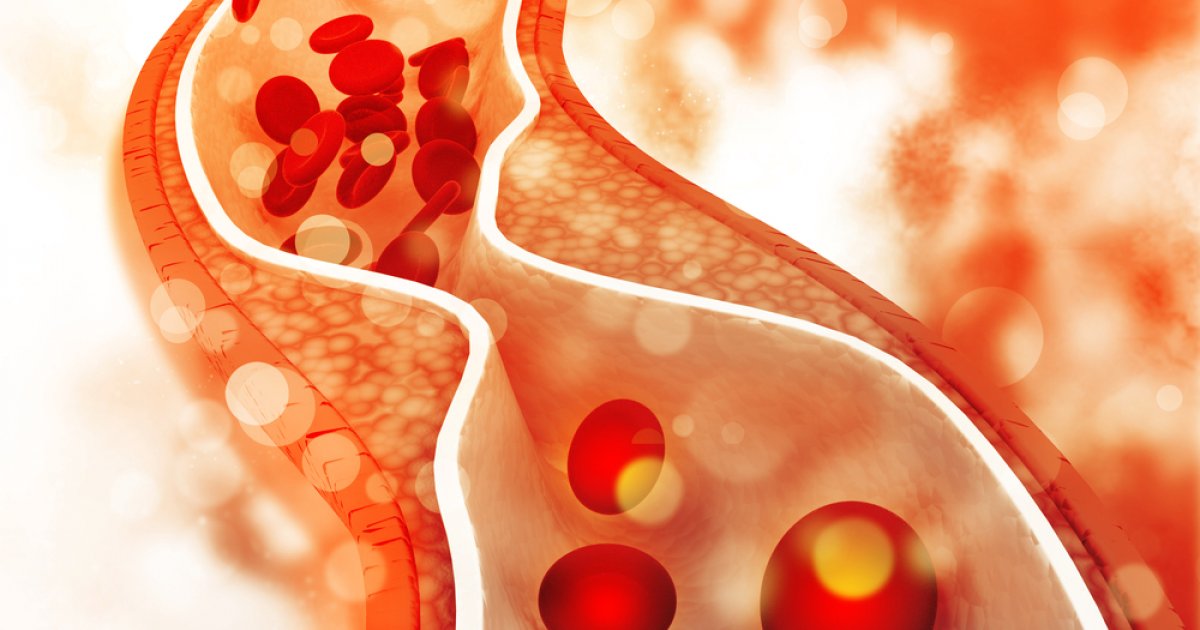
High cholesterol may cause atherosclerosis, which is a dangerous form of heart disease occurring when the accumulation of cholesterol and other substances in the walls of the arteries block oxygen and blood flow to the rest of the body. Atherosclerosis causes poor circulation in the body, which puts additional stress on the heart to pump harder and faster in an attempt to get blood and oxygen to hard-to-reach body parts, such as the feet and legs.
Unveil another serious condition high cholesterol can cause now.
Cardiovascular Disease
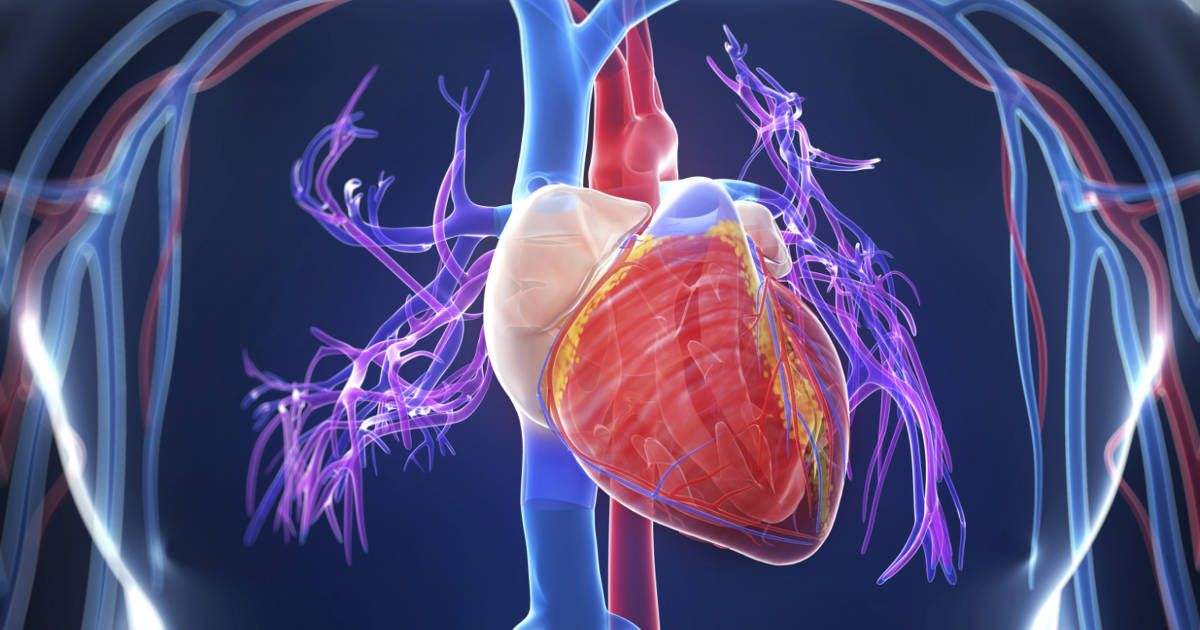
Researchers from a heart study focused on a group of adults who did not have heart disease at age fifty-five. They calculated how long each participant had been suffering from high cholesterol then followed them for twenty years. The study indicated forty percent of the participants who had ten years of high cholesterol by the time they were fifty-five had an increased risk of cardiovascular disease by 16.5 percent, which was nearly four times the number of patients who did not have high cholesterol.
Learn more about how high cholesterol can affect a patient's long-term health now.
Peripheral Vascular Disease
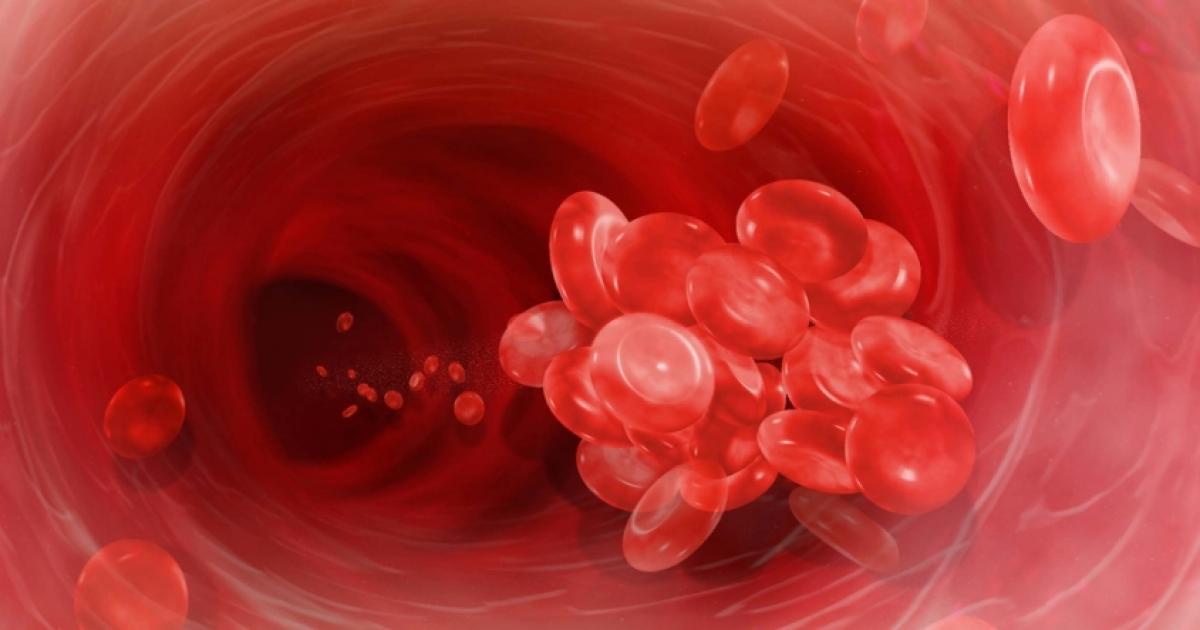
One long-term effect of high cholesterol an individual might develop is peripheral vascular disease. This is a condition that affects one in twenty Americans over fifty years old. This can be a serious condition and can become fatal if left untreated. Peripheral vascular disease involves the narrowing of blood vessels in the body due to a build up of plaque. Blood has a far more difficult time passing through the vessels. As a result, a clot is easier to form. Should the clot make its way to a patient's lung, they could potentially die. Symptoms typically revolve around cramping. This condition can occur virtually anywhere in the body but is most common in the legs, buttocks, calves, hips, and thighs. Besides cramping, peripheral vascular disease patients may also experience pale or reddish-blue skin, particularly on their legs. Another symptom is legs being cool to the touch when they shouldn't be.
Uncover more long-term effects of high cholesterol now.
Carotid Artery Disease
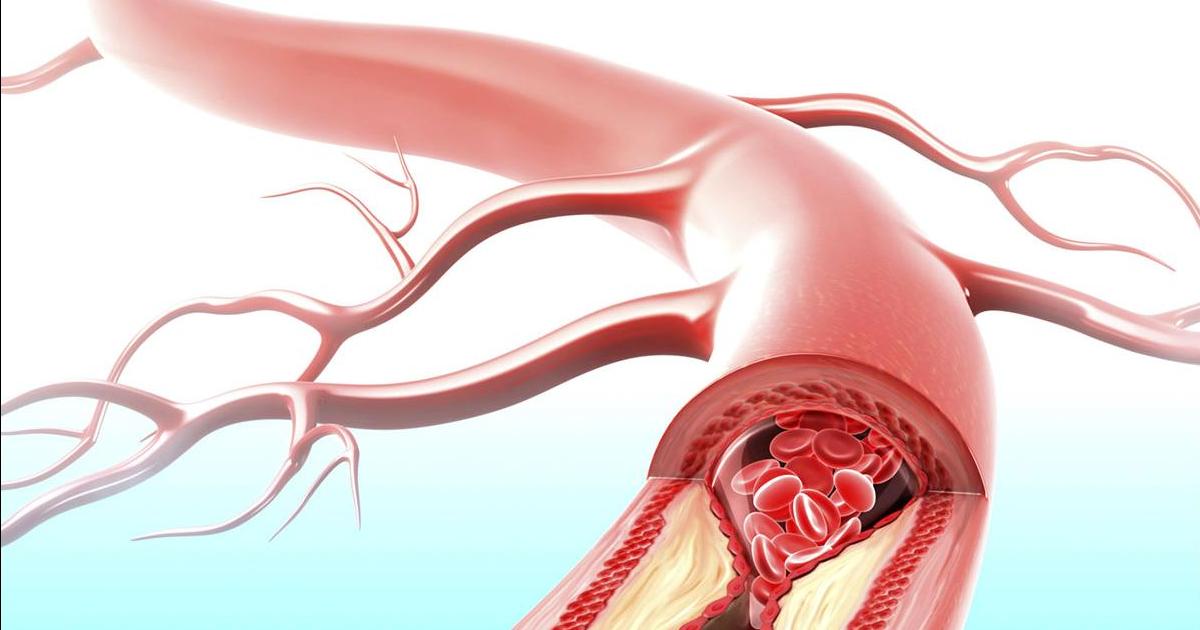
Another potentially lethal condition that having high cholesterol can develop is carotid artery disease, which involves the narrowing of the blood vessels that lead to the brain. The carotids, in particular, make up two large blood vessels in the neck. They are responsible for delivering blood to and from the heart to the brain. In the event of carotid artery disease, the blood vessels narrow. Again, this can be due to plaque and cholesterol, much like peripheral vascular disease. When too much plaque builds up inside of the artery, it can become impossible for blood to flow through it, which can create a clot. The clot can actually travel through the stream and wind up blocking a small artery in the brain. As a result, patients might have a stroke. Unfortunately, there are rarely any signs or symptoms of carotid artery disease until the passage has already been narrowed or blocked. A doctor may be able to hear a whooshing sound from the patient's artery with their stethoscope. Otherwise, a stroke is the only symptom.
Get the details on the next long-term effect of high cholesterol on health now.
Hypertension
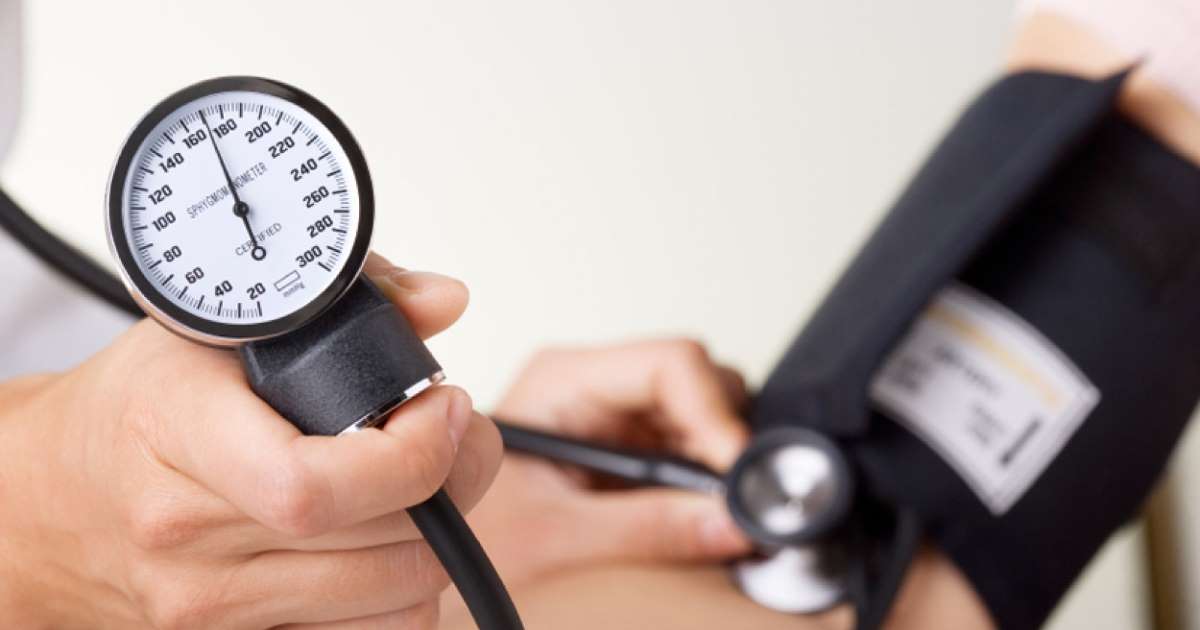
While hypertension involves blood pressure, it can be greatly impacted by the amount of cholesterol in an individual's body. Blood pressure is the amount of force that blood performs on the walls of an artery. It's a typically good source to determine how healthy the heart and arteries are. For those who suffer from high blood pressure, it's easy to assume their heart is working harder than it needs to be. By working harder, this injures the heart and can lead to heart disease. Many doctors believe processed foods play a role in high blood pressure. However, a sedentary lifestyle also likely plays a role. While normal blood pressure rests around the 120 over 80 mmHg mark, high blood pressure is anywhere from 130 to 180 mmHg. High blood pressure can cause a heart attack and stroke among other issues. There are methods for reducing high blood pressure. One, of course, is managing cholesterol.
Discover more issues related to high cholesterol now.
Chronic Kidney Disease

The kidneys work closely with the liver to remove waste from the body and keep it from accessing blood. When individuals suffer from chronic kidney disease, something high cholesterol can lead to, they are essentially at a very delicate point in their life. Having chronic kidney disease means the kidneys are constantly struggling to keep waste from entering the blood vessels. Over time, more waste gets into the blood and can travel to other parts of the body. Not only will patients start to feel sick but their body may develop complications too. They may become anemic, develop high blood pressure, experience nerve damage, and even have weakened bones. Eventually, the disease may spread entirely through the kidneys and cause kidney failure. In this case, patients either require dialysis or a kidney transplant to remain alive. Some of the symptoms of chronic kidney disease are fatigue, muscle cramping during the night, and swollen feet and ankles.
Uncover the next long-term health issue high cholesterol contributes to now.
Type 2 Diabetes
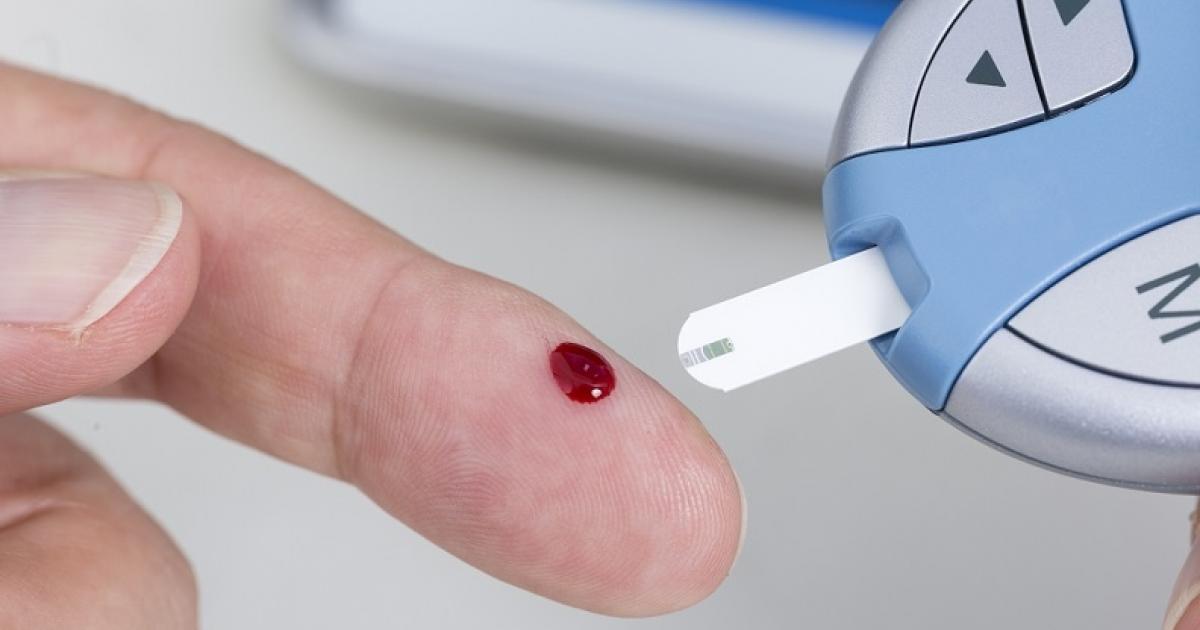
Type 2 diabetes involves an insulin overproduction followed by insulin resistance and an inefficient amount of insulin in the body. The cells require glucose in order to perform their functions. Insulin plays a key role in providing cells with that glucose. Without insulin being produced in an individual's body, their cells can no longer function, leading to a series of complications, some of which may include needing to amputate certain parts of the body.
Diabetes can develop due to having high cholesterol. There are quite a few symptoms of diabetes. Some of them include needing to urinate often, feeling hungry even when eating, being extremely tired, noticing cuts and bruises are too slow to heal, feeling quite thirsty, and a tingling sensation in the hands or feet. Individuals can prevent diabetes by exercising diligently and maintaining good body weight. They'll also want to eat more vegetables and fruits.
